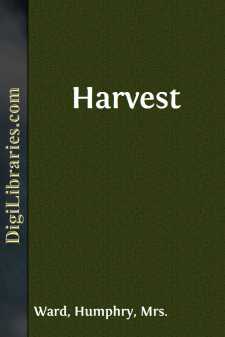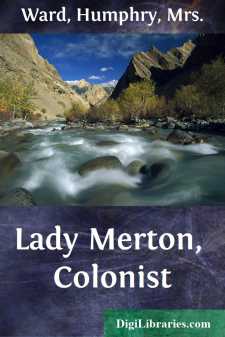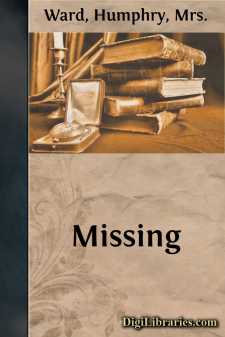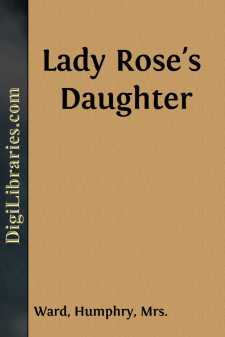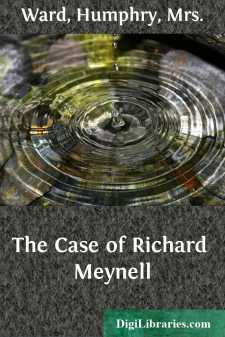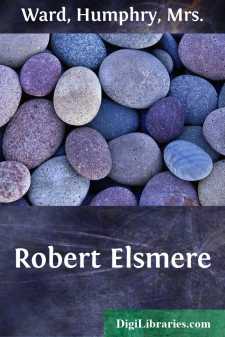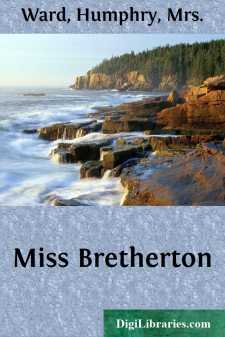Categories
- Antiques & Collectibles 13
- Architecture 36
- Art 48
- Bibles 22
- Biography & Autobiography 815
- Body, Mind & Spirit 144
- Business & Economics 28
- Children's Books 18
- Children's Fiction 14
- Computers 4
- Cooking 94
- Crafts & Hobbies 4
- Drama 346
- Education 58
- Family & Relationships 59
- Fiction 11829
- Games 19
- Gardening 17
- Health & Fitness 34
- History 1378
- House & Home 1
- Humor 147
- Juvenile Fiction 1873
- Juvenile Nonfiction 202
- Language Arts & Disciplines 89
- Law 16
- Literary Collections 686
- Literary Criticism 179
- Mathematics 13
- Medical 41
- Music 40
- Nature 179
- Non-Classifiable 1768
- Performing Arts 7
- Periodicals 1453
- Philosophy 65
- Photography 2
- Poetry 896
- Political Science 203
- Psychology 44
- Reference 154
- Religion 515
- Science 126
- Self-Help 85
- Social Science 82
- Sports & Recreation 34
- Study Aids 3
- Technology & Engineering 59
- Transportation 23
- Travel 463
- True Crime 29
Our website is made possible by displaying online advertisements to our visitors.
Please consider supporting us by disabling your ad blocker.
Harvest
by: Humphry Ward
Description:
Excerpt
I
Two old labourers came out of the lane leading to Great End Farm. Both carried bags slung on sticks over their shoulders. One, the eldest and tallest, was a handsome fellow, with regular features and a delicately humorous mouth. His stoop and his slouching gait, the gray locks also, which straggled from under his broad hat, showed him an old man—probably very near his old-age pension. But he carried still with him a look of youth, and he had been a splendid creature in his time. The other was short of stature and of neck, bent besides by field work. A broadly-built, clumsy man, with something gnome-like about him, and the cheerful look of one whose country nerves had never known the touch of worry or long sickness. The name of the taller man was Peter Halsey, and Joseph Batts was his companion.
It was a fine July evening, with a cold north wind blowing from the plain which lay stretched to their right. Under the unclouded sun, which by its own "sun-time" had only reached half-past four in the afternoon, though the clock in the village church had already struck half-past five, the air was dry and parching, and the fields all round, the road itself, and the dusty hedges showed signs of long drought.
"It du want rain," said Peter Halsey, looking at a crop of oats through an open gate, "it du want rain—bad."
"Aye!" said the other, "that it du. Muster Shenstone had better 'a read the prayer for rain lasst Sunday, I'm thinkin', than all them long ones as ee did read."
Halsey was silent a moment, his half-smiling eyes glancing from side to side. At last he said slowly,—
"We du be prayin' a lot about ower sins, and Muster Shenstone is allus preachin' about 'em. But it's the sins o' the Garmins I be thinkin' of. If it hadn't a bin for the sins o' the Garmins my Tom wouldn't ha' lost 'is right hand."
"An' ower Jim wouldn't be goin' into them trenches next November as ever is," put in Batts. "It's the sins o' the Garmins as ha' done that, an' nothin' as you or I ha' done, Peter."
Halsey shook his head assentingly.
"Noa—for all that pratin', pacifist chap was sayin' lasst week. I didn't believe a word ee said. 'Yis,' I says, 'if you want this war to stop, I'm o' your mind,' I says, 'but when you tells me as England done it—you'm—'"
The short man burst into a cackling laugh.
"'You'm a liar!' Did you say that, Peter?"
Peter fenced a little.
"There be more ways nor one o' speakin' your mind," he said at last. "But
I stood up to un. Did you hear, Batts, as Great End Farm is let?"
The old man turned an animated look on his companion.
"Well, for sure!" said Batts, astonished. "An' who's the man?"
"It's not a man. It's a woman."
"A woman!" repeated Batts, wondering. "Well, these be funny times to live in, when the women go ridin' astride an' hay-balin', an' steam-ploughin', an' the Lord knows what. And now they must be takin' the farms, and turnin' out the men. Well, for sure."
A mild and puzzled laughter crossed the speaker's face.
Halsey nodded.
"An' now they've got the vote....


